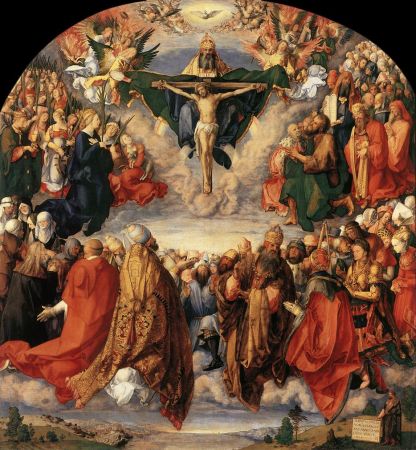
There is one body and one Spirit— just as you were called to one hope when you were called—one Lord, one faith, one baptism; one God and Father of all, who is over all and through all and in all.
Eph. 4:4-6 NIV
In Part One and Part Two of this series, we established that if we are in love with Jesus, we will love what Jesus loves, and what Jesus loves is his church (Eph. 5:25). However, some Christians claim to love Jesus without want or need for the church. While still others claim to love the church without maintaining an intimate love relationship with the Lord of the Church. It is a false dichotomy, “The Church is in Christ as Eve was in Adam,” wrote Anglican Divine, Richard Hooker. To have one is to have the other: Christ and the church cannot be separated (1 Cor. 12:12-13).
Some individuals claim an personal relationship with God, but are not in covenant commitment with other believers. They roam from local church to local church never establishing themselves in relationships of accountability. They never allow themselves to be challenged, never make a commitment, and never grow spiritually. They claim to be in love with Jesus, but they avoid the church.
Others attend church regularly, they can tell you the history of their building and the development of their denomination. These church goers can recite the doctrinal statements of their communion verbatim. However, they lack a personal, intimate relationship with Jesus. These church historians can tell you about all their preachers and church leaders, yet they are not able to hear the Lord for themselves. They are devoted to their particular church or denomination, but they are not a committed follower of the Lord of the church.
The New Testament demands that loving Christ means loving what he loves and what he loves is his church (Col. 1:18). As Cyprian of Carthage declared, “He cannot have God for his father who refuses to have the Church for his mother.” No matter how flawed her members, or how inconsistent their behavior, or how ridiculous its proclamations, Christ still loves his church.
Christ lives in his church, he operates through her, and changes lives by her. Scripturally, we are called to a living relationship with Jesus and to living relationships with our fellow members in the Body of Christ. As the Greek church father, Origen, stated:
The Church is Christ manifest in the flesh, as Jesus of Nazareth was God manifest in the flesh.
Origen cited in Thomas C. Oden, Life in the Spirit (San Francisco: Harper Collins, 1992), 293.









